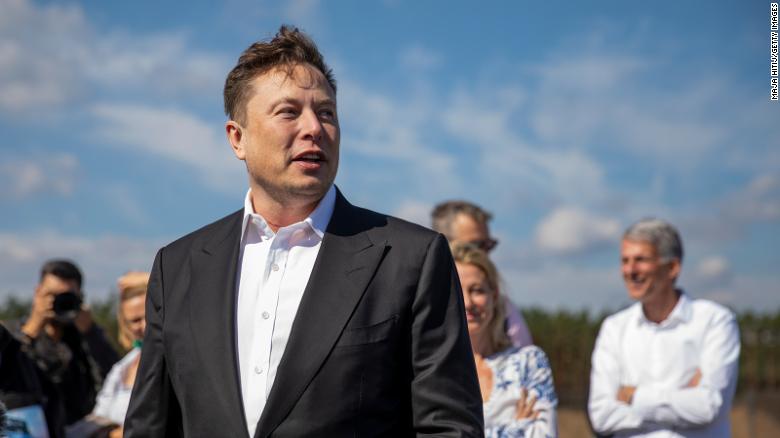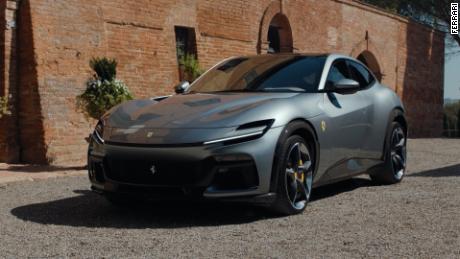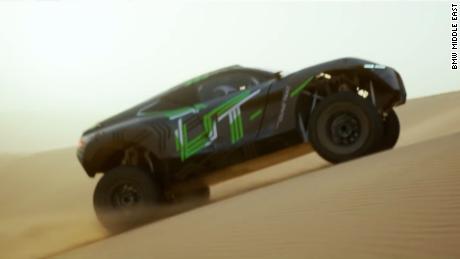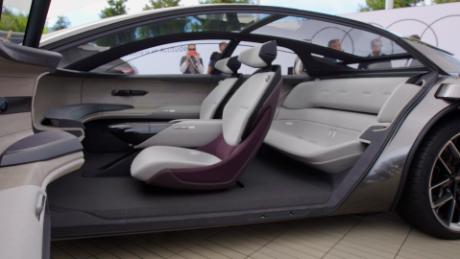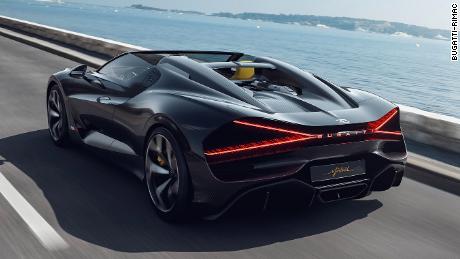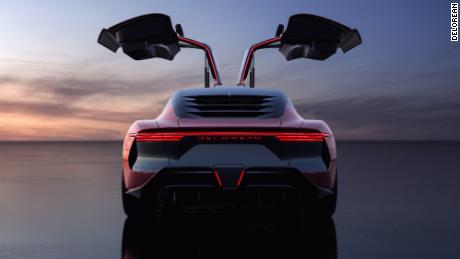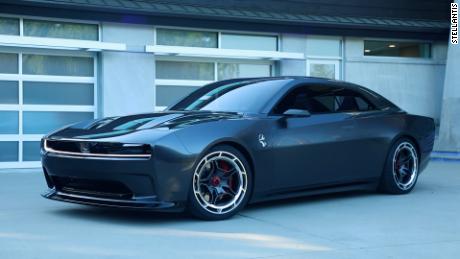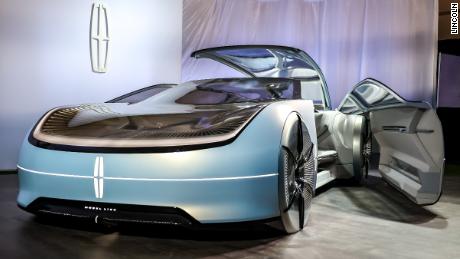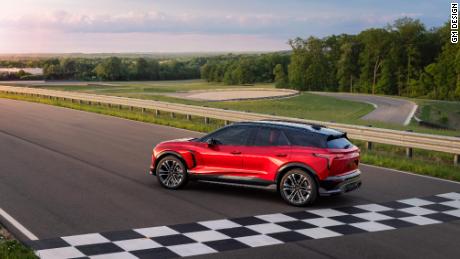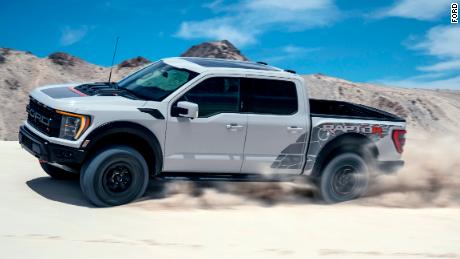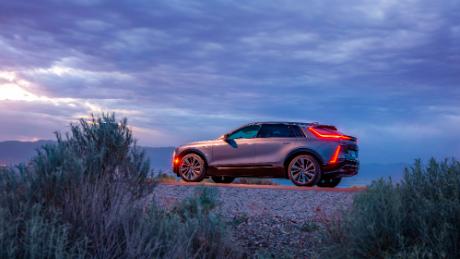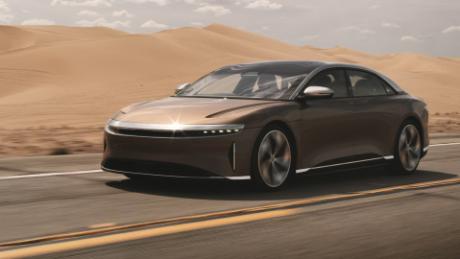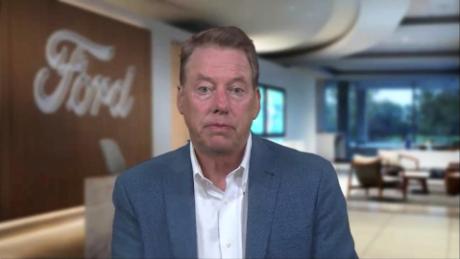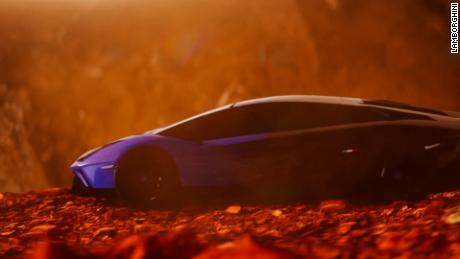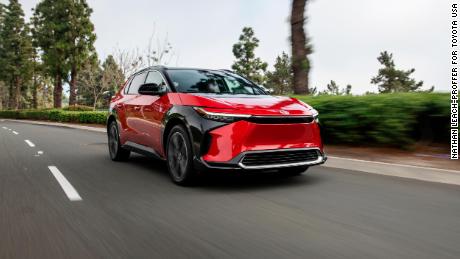Washington, DC (CNN Business)The US government will scrutinize cars' driver-assist systems, a shift that's likely to improve road safety, according to auto experts.
The National Highway Traffic Safety Administration said Tuesday that automakers will be required to report crashes involving driver-assist systems, as well as crashes of fully autonomous vehicles, which are less common on roads.
Driver-assist systems, such as Tesla's Autopilot, GM's SuperCruise and Ford's upcoming BlueCruise, handle some steering, braking and acceleration, and can generally keep a car within a lane on a highway, but require an attentive human behind the wheel for safety's sake.
These systems are increasingly common, and some drivers say the technology makes driving more enjoyable and less tiring. But these systems have also been involved in high-profile, deadly crashes that have raised questions about whether they're safe enough.
NHTSA said the crash data will help it quickly identify safety issues, and intervene as necessary. The move was cheered by auto safety and autonomous driving experts.
"This is a major step forward for safety," Bryan Reimer, associate director of the New England University Transportation Center at MIT, told CNN Business. "Reporting will increase transparency around the benefits and risks of assisted and automated driving."
Today there aren't specific regulations for driver-assist systems, leaving automakers to market and describe the systems as they so choose. But NHTSA is investigating 36 driver-assist crashes, with 30 of those involving Teslas, according to the agency.
There have been at least nine US deaths tied to Tesla's Autopilot, according to NHTSA. The company maintains that drivers are still ultimately responsible for the operation of their vehicle.
Tesla's Autopilot system has the most features of the driver-assist systems available on roads today, but its safeguards to protect drivers and other road users have been criticized. Tesla drivers have died in several crashes that drew repeated government scrutiny.
Research has shown that Tesla drivers are more distracted when they use Autopilot. Drivers are supposed to be attentive and keep their hands on the wheel. But Tesla, unlike GM and Ford, hasn't used its vehicles' in-car cameras to monitor drivers' eyes to see if they're watching the road.
Last month Tesla owners shared photos on social media of a new version of Autopilot that uses the in-car camera to detect and alert an inattentive driver.
Tesla CEO Elon Musk has also made optimistic predictions about Autopilot's abilities, which the company has fallen short of.
Greg Brannon, AAA's director of automotive engineering, told CNN Business that he believes NHTSA's decision will trigger automakers to be more responsible in how they develop and explain driver-assist systems to consumers. A 2018 AAA study found that 40% of Americans believe driver-assist systems are capable of driving the car by itself.
"That's frightening. The cars most definitely do not drive themselves. There's no doubt there's consumer misconceptions," Brannon said.
The Alliance for Automotive Innovation, which represents automakers including Ford and GM, said in a statement that it was important for consumers to understand the benefits and limits of driver-assist systems.
"Misuse and abuse of [driver-assist] systems is extremely dangerous and threatens consumer acceptance and confidence in vehicles equipped with potentially┬Ālife-saving [driver-assist] technologies," CEO John Bozzella said. "Likewise, expanded customer acceptance and adoption of higher levels of automation can help to reduce the 94% of motor vehicle crashes that are attributed to human error."
A spokesperson for the Insurance Institute for Highway Safety, which represents the automotive insurance industry and advocates for safety improvements, told CNN Business that it supported NHTSA's move, and it has frequently petitioned NHTSA to make guidelines around driver-assist systems.
Tesla and Ford did not immediately respond to a request for comment. GM said it was reviewing the NHTSA announcement.
